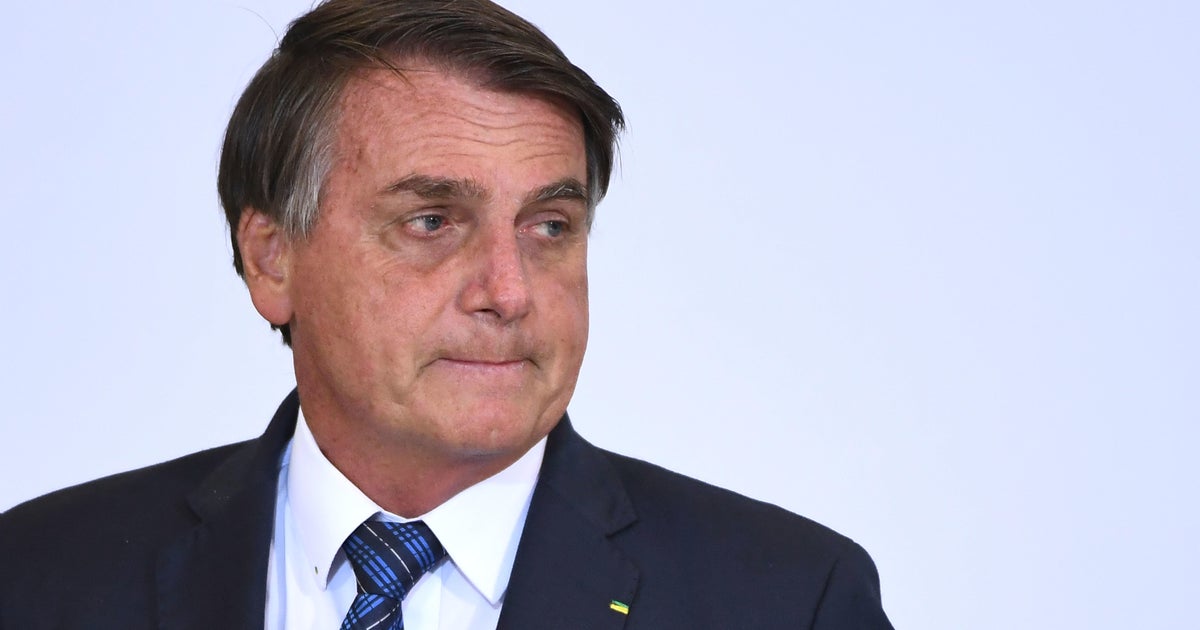Tensions between Canada and India have escalated dramatically The Canadian government has expelled six diplomats in response to alleged criminal activities by Indian government agents. Canadian officials link the agents to homicides and acts of violence.
October 15, 20244:46 AM ET
Tensions between Canada and India have escalated dramatically
The Canadian government has expelled six diplomats in response to alleged criminal activities by Indian government agents. Canadian officials link the agents to homicides and acts of violence.
A MARTÍNEZ, HOST:
Tensions between Canada and India have escalated dramatically. The Canadian government has expelled six diplomats in response to alleged criminal activities by Indian government agents. Now, among those expelled, the country's high commissioner, equivalent to India's ambassador in Canada. Canadian officials are linking these agents to homicides and acts of violence. Prime Minister Justin Trudeau accused India of being involved in the assassination of a Sikh leader in British Columbia last year.
(SOUNDBITE OF ARCHIVED RECORDING)
PRIME MINISTER JUSTIN TRUDEAU: We will never tolerate the involvement of a foreign government threatening and killing Canadian citizens on Canadian soil.
MARTÍNEZ: Now, to help us understand the growing crisis, we're joined by Marieke Walsh. She's a senior political reporter with The Globe and Mail in Ottawa. Marieke, so what led to this diplomatic fallout between Canada and India?
MARIEKE WALSH: Good morning. Well, it started a year ago when the prime minister rose in the House of Commons in this extraordinary moment to say that Canada had credible evidence that the Indian government or Indian government officials were linked to the slaying of Hardeep Singh Nijjar. But it escalated to new heights yesterday in this dramatic series of events in which India said it was withdrawing its diplomats before the RCMP, which is our top policing service in Canada, had a press conference in which it accused Indian government officials working in Canada of being connected to homicides, to extortions, to harassment, to intimidation and other violent crimes, and of collecting information on the Sikh diaspora that lives in Canada and feeding that information to organized crime. So really extraordinary allegations that come with very little concrete evidence because in the Canadian justice system, we don't get that same access to information that you do in the United States upfront. So serious allegations leveled by the prime minister and the top police officer in Canada, to which the Indian government refuses them all, rejects them all, says they are all politically motivated. And that's led to this diplomatic chill between the two countries.
MARTÍNEZ: How has the United States reacted to Canada's expulsion of these Indian diplomats?
WALSH: The U.S. hasn't sent out a new reaction as far as we've seen so far. But when this first came to light a year ago, your secretary of state, Antony Blinken, said those responsible must be held accountable. This is very sensitive and tense for G7 allies because, as you know, President Biden and other Western allies are trying to build relationships with India and Narendra Modi to sort of offset the growing power of China. But the U.S. has also dealt with it. The U.S. officials also last fall announced that they had sort of stopped an assassination plot actually linked to the slaying in Canada. So it's not as though the U.S. is immune to this, but they're treading carefully.
MARTÍNEZ: There are almost 2 million people from India in Canada, seventh-largest Indian diaspora in the world. How are they reacting to this? I mean, is it just a strange situation for everyone involved?
WALSH: No, it's very personal. It's a very powerful situation. And the Indian government is right that there are domestic politics involved. The Sikh diaspora, which is part of the Indian diaspora in Canada, is a very powerful political player. Those organizations are saying they're relieved to see this information come forward, that they feel it validates their concerns and fears over many years. But we know there is dispute or dissent about this even within the government's own governing party from other people who say, you know, this is not the right way to do this.
MARTÍNEZ: That's Marieke Walsh, who reports for The Globe and Mail in Ottawa. Marieke, thanks.
WALSH: Thanks so much.
Copyright © 2024 NPR. All rights reserved. Visit our website terms of use and permissions pages at www.npr.org for further information.
NPR transcripts are created on a rush deadline by an NPR contractor. This text may not be in its final form and may be updated or revised in the future. Accuracy and availability may vary. The authoritative record of NPR’s programming is the audio record.

 1 month ago
10
1 month ago
10










 English (US) ·
English (US) ·